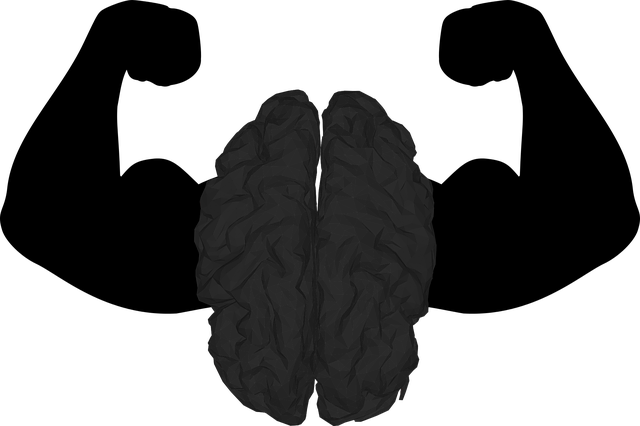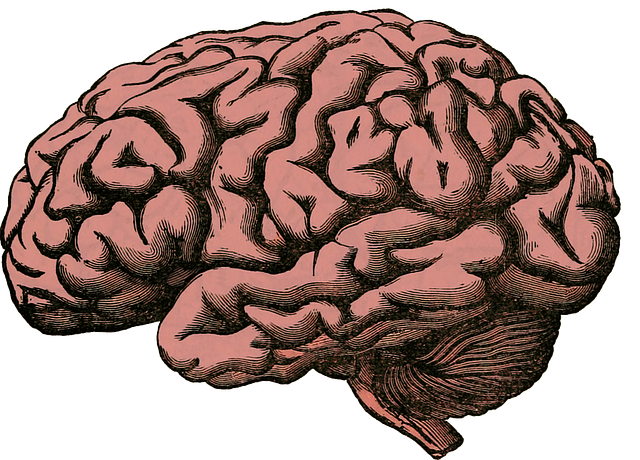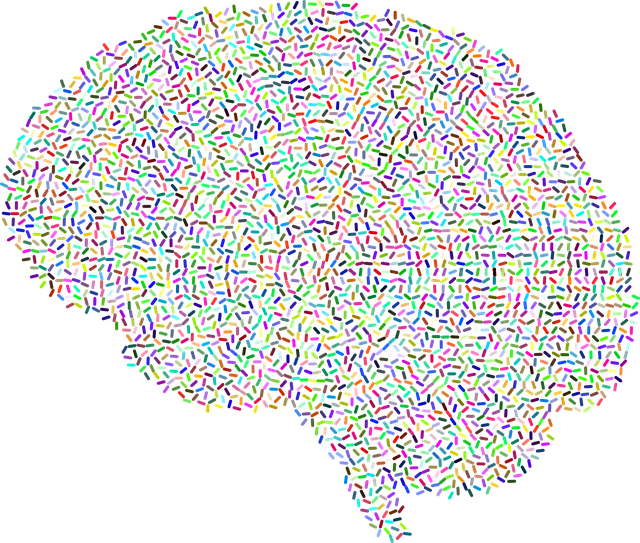Effective mental wellness support group facilitation, especially using Greenwood Village Dialectical Behavioral Therapy (DBT), relies on creating a safe, culturally sensitive environment where every voice is heard. Facilitators guide members through emotional regulation, mindfulness, and interpersonal skills to build trust, encourage active participation, and develop coping strategies. Regular assessments measure success, ensuring tailored interventions that improve mood management and overall well-being, as demonstrated by studies focusing on DBT.
In the heart of Greenwood Village, where mental wellness is a priority, group facilitation techniques play a pivotal role in enhancing therapeutic outcomes. This article delves into the art and science of leading support groups, exploring dynamic strategies derived from Dialectical Behavioral Therapy (DBT). From understanding intricate group dynamics to creating safe spaces, we unravel proven methods for engaging participants actively. Discover how these techniques, tailored by professionals, can foster profound transformations, making Greenwood Village a beacon of mental health excellence.
- Understanding Group Dynamics for Effective Facilitation
- The Role of Dialectical Behavioral Therapy in Mental Health Groups
- Techniques to Foster Safe and Supportive Group Environments
- Strategies for Encouraging Active Participation and Engagement
- Measuring Success: Evaluating the Impact of Group Facilitation Techniques
Understanding Group Dynamics for Effective Facilitation

Understanding group dynamics is a cornerstone for effective facilitation, especially within the context of mental wellness support groups, such as those offering Greenwood Village Dialectical Behavioral Therapy (DBT). Group therapy creates a unique environment where individuals can navigate complex interpersonal interactions while fostering a sense of belonging and shared understanding. Facilitators play a pivotal role in managing this dynamic by creating a safe space for expression, ensuring every member’s voice is heard, and promoting positive engagement.
Cultural sensitivity in mental healthcare practice is essential, as it allows facilitators to address diverse perspectives within the group, including varying cultural backgrounds and life experiences. By incorporating this approach, therapists can provide tailored crisis intervention guidance, enhancing the overall therapeutic experience. Effective facilitation involves recognizing power imbalances, encouraging active participation, and fostering open communication, ultimately contributing to improved mood management among group members.
The Role of Dialectical Behavioral Therapy in Mental Health Groups

In the context of mental wellness group facilitation, Greenwood Village Dialectical Behavioral Therapy (DBT) stands out as a powerful tool for fostering healing and growth. DBT, originally developed to treat individuals with borderline personality disorder, has since been adapted for various therapeutic settings, including group therapy formats. This approach emphasizes skills in emotional regulation, mindfulness, distress tolerance, and interpersonal effectiveness, enabling participants to navigate their emotions more effectively and improve relationships.
By incorporating techniques from DBT into mental health groups, facilitators can help members manage intense emotions, prevent burnout, and enhance mood stability. The structured nature of DBT provides a framework for group dynamics, ensuring that sessions remain productive and supportive. This is particularly beneficial in group environments where individuals may face unique challenges related to sharing personal experiences and receiving feedback. Through tailored activities and exercises, facilitators can guide members in developing coping strategies for emotional distress, thereby promoting overall mental wellness within the group setting.
Techniques to Foster Safe and Supportive Group Environments

Creating a safe and supportive environment is paramount for effective mental wellness group facilitation. Techniques such as establishing clear boundaries, promoting active listening, and encouraging peer support are key components in building trust within the group. Facilitators at Greenwood Village Dialectical Behavioral Therapy (DBT) therapy emphasize these methods to foster an atmosphere where individuals feel comfortable sharing their experiences and emotions.
Additionally, focusing on skills like mood management and emotional regulation helps create a protective space for participants. By teaching strategies for inner strength development, groups facilitated through DBT enable members to navigate challenges with resilience. This holistic approach ensures that the group environment not only supports immediate needs but also empowers individuals to build lasting coping mechanisms.
Strategies for Encouraging Active Participation and Engagement

Encouraging active participation is a cornerstone of effective mental wellness group facilitation, especially in settings like Greenwood Village Dialectical Behavioral Therapy (DBT) clinics. Facilitators can employ various strategies to foster engagement and create a safe, supportive environment. One key technique involves promoting open dialogue by encouraging members to share their experiences and perspectives, fostering peer learning and empathy within the group. This not only enhances emotional well-being promotion techniques but also strengthens the bond among participants.
Additionally, incorporating interactive activities and exercises tailored to crisis intervention guidance can make sessions dynamic and impactful. These activities could include role-playing scenarios, mindfulness exercises, or skill-building workshops that help individuals develop healthier coping mechanisms. By actively involving group members in these activities, facilitators ensure everyone benefits from the collective experience, fostering a more inclusive and therapeutic atmosphere.
Measuring Success: Evaluating the Impact of Group Facilitation Techniques

Measuring success in mental wellness group facilitation is paramount to understanding the impact and effectiveness of chosen techniques. Using tools like pre-post assessments, surveys, and structured interviews allows facilitators to quantify improvements in symptoms, coping skills, and overall well-being. For instance, a study conducted at Greenwood Village Dialectical Behavioral Therapy (DBT) demonstrated significant reductions in depression and anxiety among group participants over time.
Evaluating the success of group facilitation techniques not only provides valuable insights for ongoing refinement but also contributes to the growing body of knowledge on inner strength development and depression prevention. By regularly assessing mental health awareness and skill acquisition, facilitators can ensure that their approaches remain relevant, adaptive, and aligned with participants’ evolving needs.
Group facilitation techniques, especially those rooted in Dialectical Behavioral Therapy (DBT), play a pivotal role in enhancing mental wellness. By understanding group dynamics and creating safe spaces, facilitators can encourage active participation and foster profound healing. Techniques like these have been proven effective in Greenwood Village and beyond, highlighting the power of collective support in navigating complex mental health journeys. Measuring success through evaluations ensures that these strategies remain tailored to meet the evolving needs of participants, making group therapy a dynamic and impactful approach.









